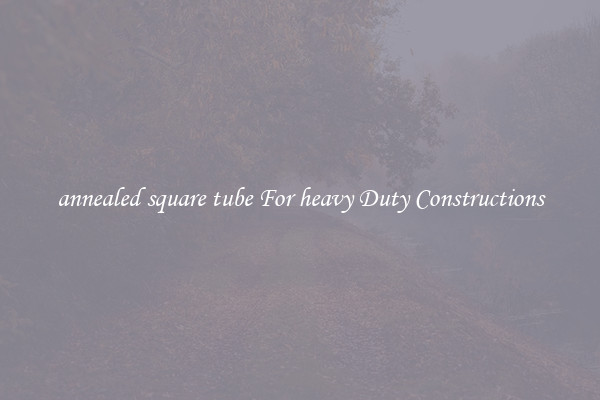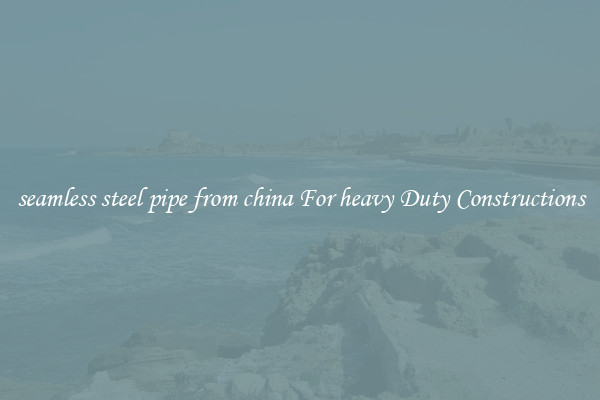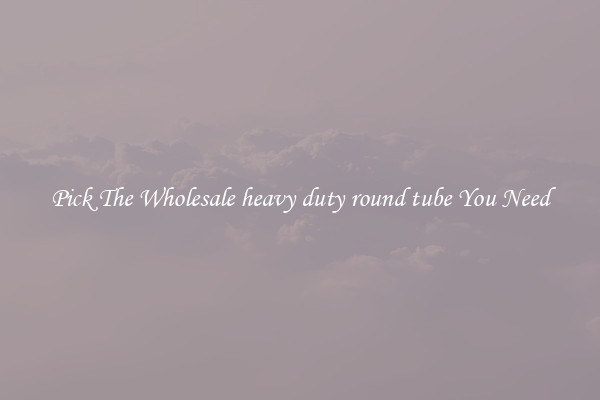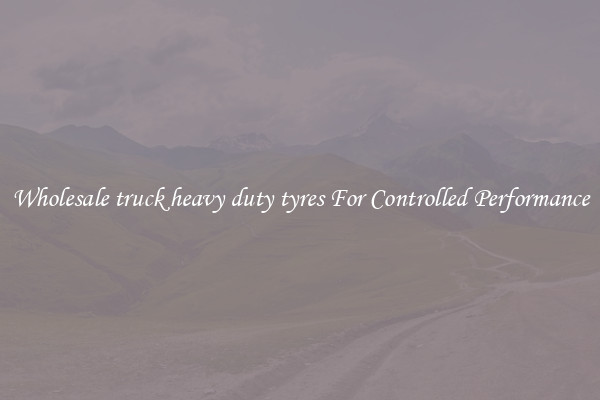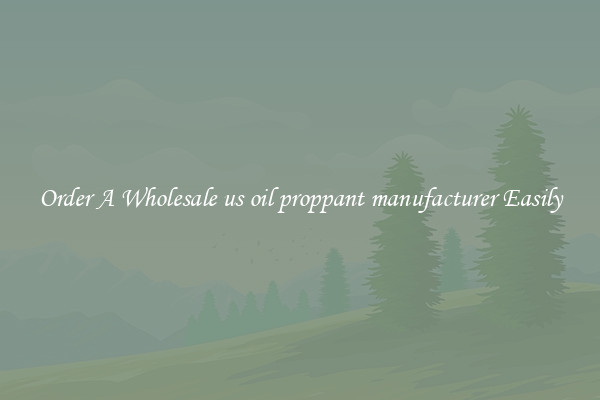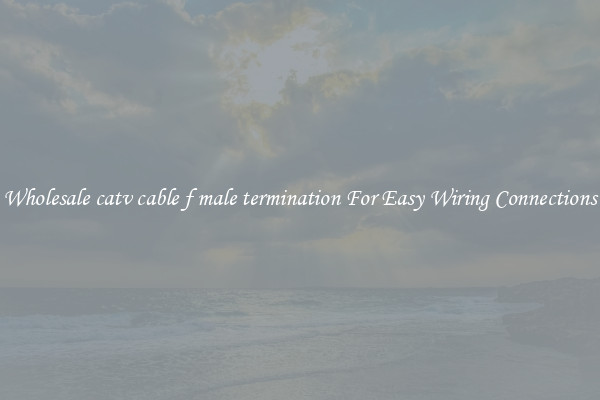fittings pipelines equipment For heavy Duty Constructions
Fittings and Pipelines Equipment for Heavy Duty Constructions
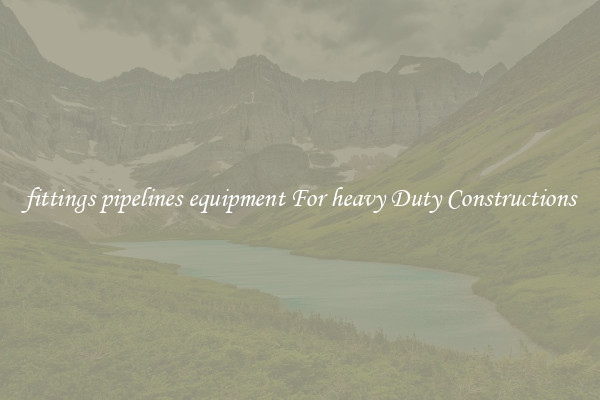
In heavy-duty constructions, such as industrial plants, oil and gas facilities, or large construction sites, having reliable and durable pipelines and fittings is crucial. These pipelines are responsible for transporting fluids, gases, or even solid materials, and any failure in the system can be costly and hazardous. Therefore, choosing the right fittings and pipelines equipment is of utmost importance to ensure the smooth functioning of such heavy-duty constructions.
One of the key considerations when selecting pipelines equipment for heavy-duty constructions is the material of the pipes and fittings. Depending on the nature of the materials being transported, the choice of material can vary. For example, in industries dealing with corrosive fluids or chemicals, pipes and fittings made of materials like stainless steel or polyvinyl chloride (PVC) are commonly used due to their resistance to corrosion. On the other hand, for high-temperature applications, materials like carbon steel or cast iron are preferred for their ability to withstand extreme heat.
Another crucial aspect to consider is the type of fitting used in the pipeline system. There are various types of fittings available, such as flanges, elbows, tees, valves, and couplings, each serving a specific purpose. For heavy-duty constructions, it is essential to choose fittings that are capable of withstanding high pressure and offering a secure connection. Welded fittings are often preferred in heavy-duty applications as they provide a strong and leak-proof joint. Additionally, using fittings with features like expansion joints or flexible connectors can help absorb vibrations and movements that occur in heavy-duty constructions, reducing the chances of pipe failure.
Furthermore, in heavy-duty constructions, it is essential to have a well-designed layout for pipelines to ensure efficient flow and minimize pressure losses. Adequate pipe sizing is crucial to maintain the required flow rate, and incorporating features like reducers, valves, or flow meters can help regulate the flow within the system. Proper alignment and support of pipelines are also vital to prevent stress on the fittings and reduce the risk of leakage or failure.
Regular maintenance and inspection of pipelines and fittings are indispensable in heavy-duty constructions to ensure their long-term performance and safety. Inspections should include checking for signs of leakage, corrosion, or damage and replacing any worn-out or faulty fittings immediately. Regular cleaning and flushing of pipelines can prevent the buildup of deposits or sediment that can hinder the flow and cause blockages.
Overall, choosing the right fittings and pipelines equipment is vital for heavy-duty constructions. By considering factors like material compatibility, type of fittings, proper layout, and regular maintenance, one can ensure a reliable and efficient pipeline system. Investing in high-quality and durable pipelines equipment is a worthwhile investment in the long run, as it can significantly contribute to the smooth operation and safety of heavy-duty constructions.

View details
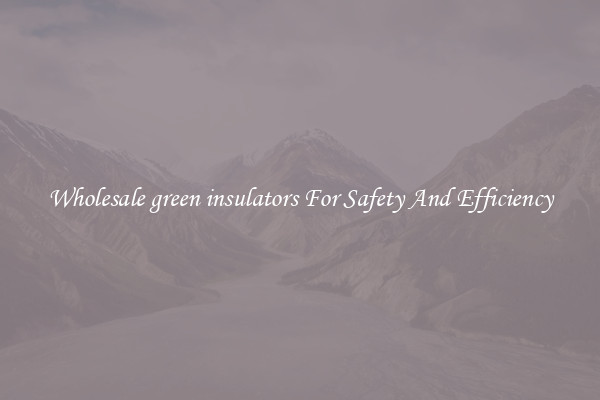
View details

View details

View details
